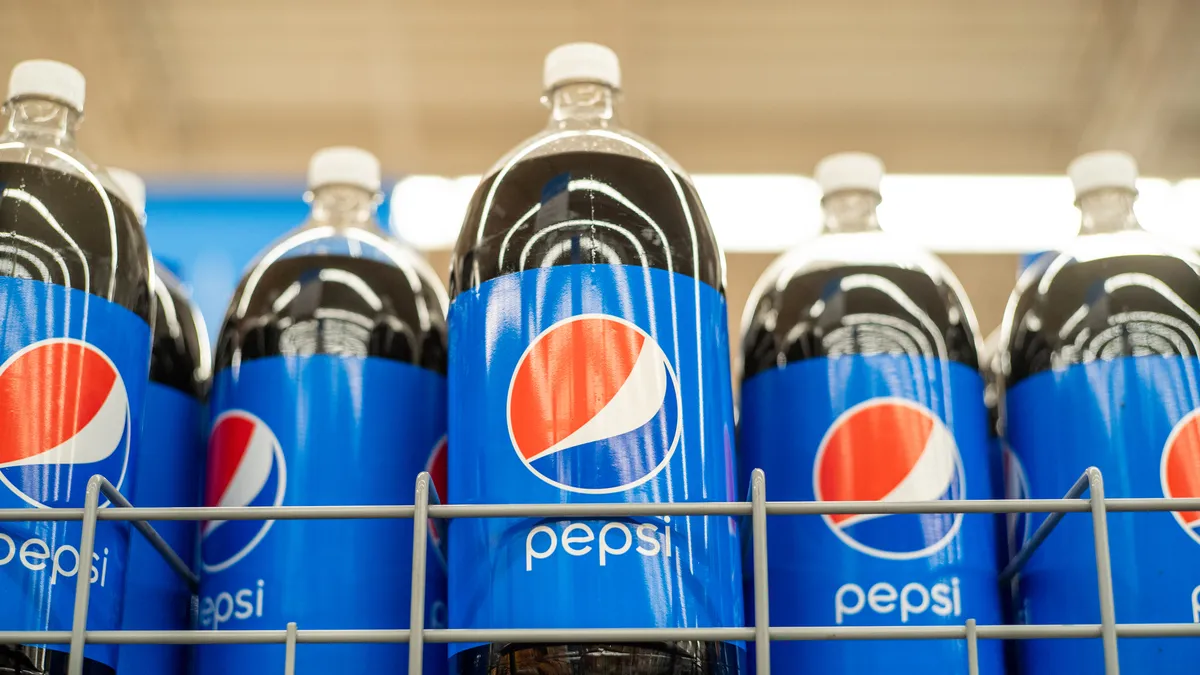Dive Brief:
- PepsiCo is collaborating with the Stanford Institute for Human-Centered Artificial Intelligence to advance research, education, policy and best practices for responsible AI adoption, the company announced Thursday.
- The beverage giant and academic institution will research ethical and responsible AI in supply chain forecasting, customer experience, sustainability and organizational design. PepsiCo is the inaugural member of the institute's corporate affiliate program in the consumer goods, retail and AI focus area.
- As AI becomes more prevalent in the consumer packaged goods industry, it's critical to understand the impact and significance of ethical AI use, said Athina Kanioura, chief strategy and transformation officer at PepsiCo, in the announcement.
Dive Insight:
While executives are prioritizing AI technology, barriers to enterprise adoption remain. Skills gaps and risks are among the top implementation concerns for business leaders, according to Salesforce data.
But long before the current surge of generative applications, PepsiCo has been embedding AI in its tech stack.
In 2020, the company used an AI solution to monitor and adjust the equipment producing Cheetos. The following year, the company created a digital academy to offer skills training for machine learning, robotics, cloud computing and virtual reality to equip employees with the tools and knowledge to work with AI.
"At PepsiCo, we firmly believe that AI should augment the human experience and will contribute to our digitalization efforts throughout the company," said Kanioura.
Other companies in the food and beverage industry have implemented AI in operations. Snapple, a Keurig Dr Pepper company, used ChatGPT to generate facts for its bottles and launched a program dubbed Snapple fAIct Generator in February. The Coca-Cola Company created an AI platform to generate artwork using the company’s archives powered by OpenAI’s GPT-4 and Dall-E in March.
Coca-Cola was also an early adopter of Microsoft’s Azure OpenAI Service.
“With Azure Cognitive Services at the heart of our digital services framework, we have harnessed the transformative power of OpenAI’s text and image generation models to solve business problems and build a knowledge hub,” Lokesh Reddy Vangala, senior director of engineering, data and AI at The Coca-Cola Company, said in a March Microsoft blog post.
Despite the risks associated with AI and emerging technologies, 70% of executives say their companies are investigating or exploring generative AI, while 19% have advanced pilots or are in production.














